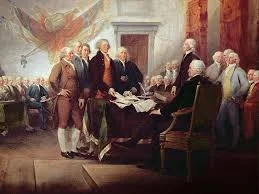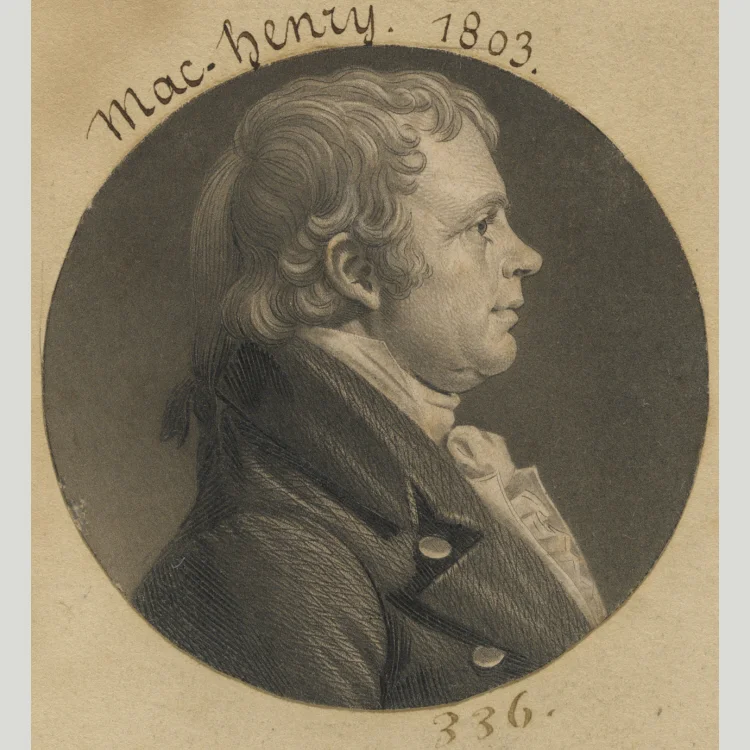Uriah Forrest Sells Washington To Washington
Uriah Forrest was a confidant of all the big names during the American Revolution.
Forrest participated both in the Army and in Congress. But he was always a businessman who took advantage of the new nation's situation to make a lot of money.
Uriah's biggest role in the American Revolution was purchasing the land we now know as Washington D.C. and selling it to the Federal Government for a profit.
Uriah Forrest
Uriah Forrest was just 20 years old when he signed up for the Continental Army. Still, he was commissioned as a Captain of the Maryland Flying Camp. Eventually, working under William Smallwood, Forrest earned the rank of Lieutenant Colonel.
After surviving a significant injury during the Battle of Germantown, the well connected young man achieved the position of Auditor General of the Continental Army. In this office, he was responsible for making sure there was no waste or corruption in the army’s spending.
Congressman
Forrest spent most of the 1780’s travelling back and forth to London, representing his tobacco exporting business there.
While he was back in Maryland, he served in the House of Delegates and State Senate.
By the end of the decade, Forrest was sent as a representative to the Continental Congress. During his time there, the Constitution was written. He was one of many confidants to whom Thomas Jefferson wrote from France to discuss concerning aspects of the new government.
Uriah unsuccessfully ran for the first session of the US Senate. Three years later he was elected to the House of Representatives but rarely attended Congress and resigned before his term was finished.
Washington's Land
When rumors began to spread that the new national capital would be located close to Georgetown, Forrest (already a major landholder in the area) worked with a group of investors to purchase as much property as they could.
When the time came for the Federal City to be constructed, the government (led by George Washington) bought the land owned by this group.
Forrest’s land sale made up most of what we now know as Washington DC. It also made him and his investors a tidy profit.
Although this may sound greedy, it was a necessary step for the nation. Instead of purchasing all the land from different people, Forrest made all the purchases on his own and saved the government both the time and money it would take to do so itself.
Uriah also kept some of this land for himself. He built Rosedale, a large house in the new city where many leading politicians of the day would dine. At the time of his death, he still owned many plots of land which he planned to sell off when new residents arrived.
To learn more about Uriah Forrest, please grab yourself a copy of 'Rosedale.' Although ostensibly about his house, this is the closest thing to a biography of Forrest that I am aware of. You can find it at your library or through the link to our affiliate Amazon below.
And as always, if you have not subscribed to our email list yet, do so here and receive daily biographies of the Founding Fathers right to your inbox.






